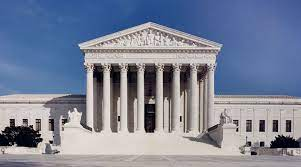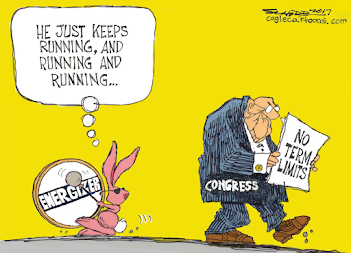The Future of the Chevron Deference
The “Chevron deference” is a long-standing precedent established through SCOTUS’ ruling on Chevron U.S.A., Inc. v. Natural Resources Defense Council, Inc. back in 1984. This “deference” of interpretation of a federal rule comes in two steps, and it revolves around the ambiguity of the law that is being challenged. If a federal rule is challenged but found to be clear, then the court can rule on its own interpretation. But, if the rule is declared ambiguous, then the court defers the ruling to the appropriate federal agency. The original case was a landmark decision in terms of elevating the administrative power under the executive branch.
The plaintiffs in both cases are associated with commercial fishing companies. They are challenging a federal rule that requires fishing vessels to be accompanied by federal observers 50% of the time; sometimes, these observers need to be funded by the companies themselves if the federal government is unable to pay for these trips. In that case, the fishing boats would have to pay $700 dollars a day to follow the regulation. A fishing company sued back in 2020 to challenge the aspect of the rule requiring industry funding for observers, and every appealed case has been deferred to the National Marine Fishing Services. Now that it has reached SCOTUS, the decisions in these cases could have the possibility of throwing away the deference procedure.
This country needs imperative action to tackle issues like climate change and socio-economic disparities, both relevant in these cases. Federal agencies influence the playing field on many of these policy issues through their regulatory oversight. Many argue that federal agencies under the “Chevron deference” offer specialization and specific knowledge that plays into their interpretations of their rules. Therefore, they have the appropriate measures to be more effective at implementing laws that align with their mission. When it comes to climate change action through the Environmental Protection Agency (EPA), the overturning of the “Chevron deference” would put more power into SCOTUS’ hands in terms of setting law for continued green efforts in this country. The EPA would have no say over this handling; it would only be in the hands of the 9 justices.
This poses a threat to many of our Democratic values as we try to address large issues like climate change through the expertise of the agencies. Although this decision is out of our control, which is the frustrating part of the current state of SCOTUS, we need to band together for election day in November to cast our vote to protect our own values across the ballot.
Sources:
https://www.nytimes.com/2024/01/15/us/politics/supreme-court-fisherman-chevron.html#:~:text=fisherman%2Dchevron.html-,A%20Fight%20Over%20a%20Fishing%20Regulation%20Could%20Help%20Tear%20Down,the%20power%20of%20executive%20agencies.&text=Reporting%20from%20Cape%20May%2C%20N.J.



Comments
Post a Comment